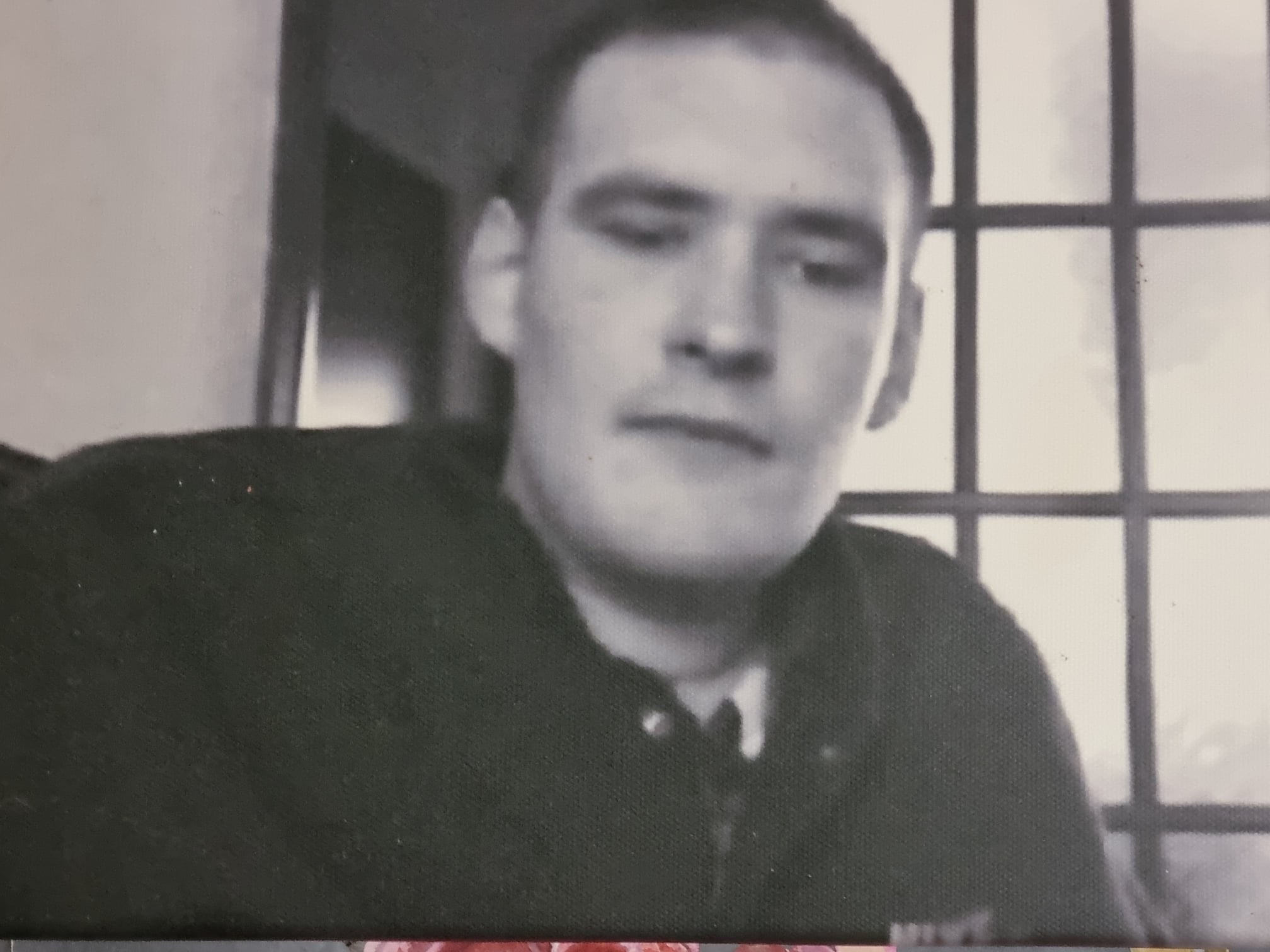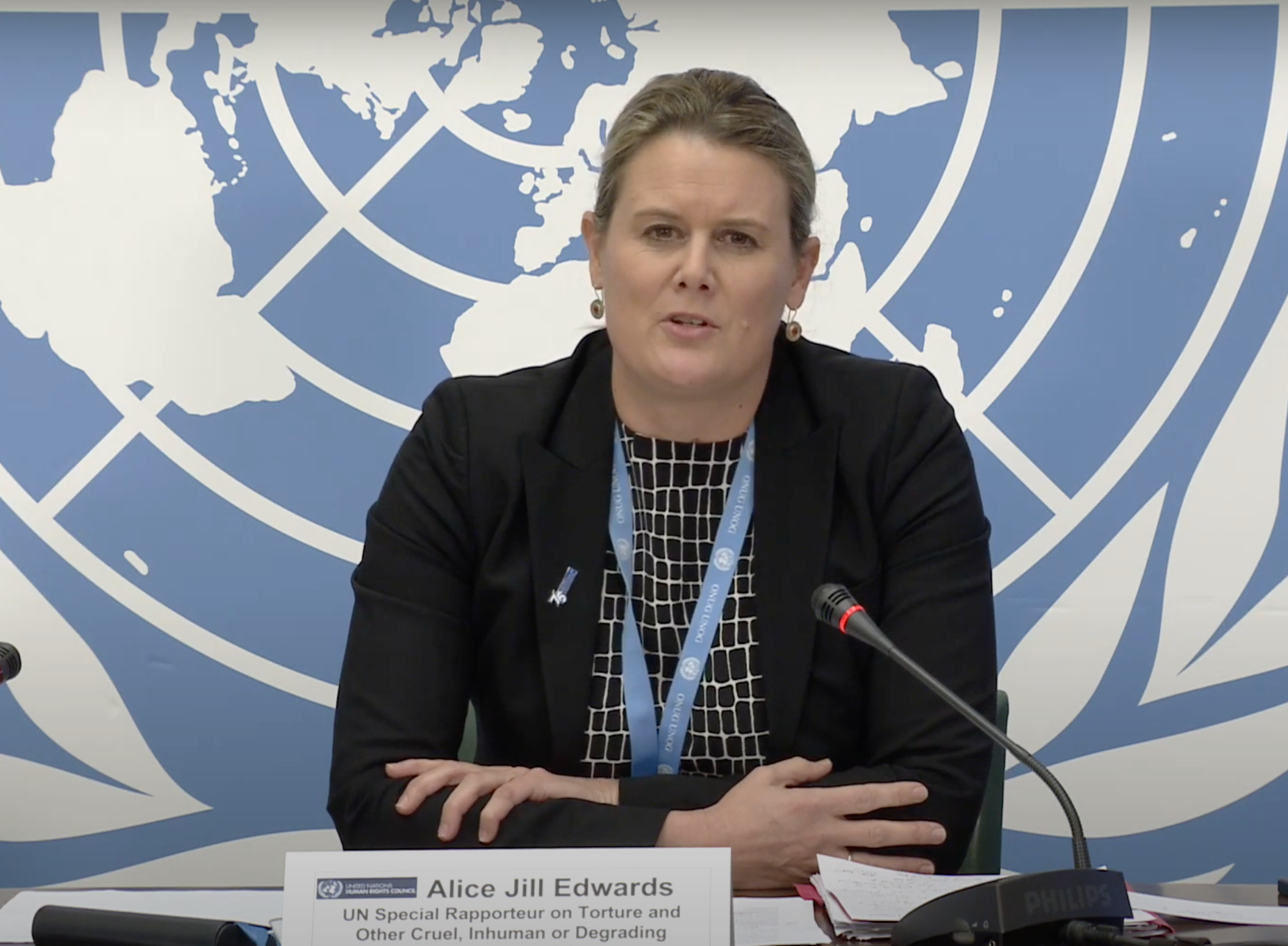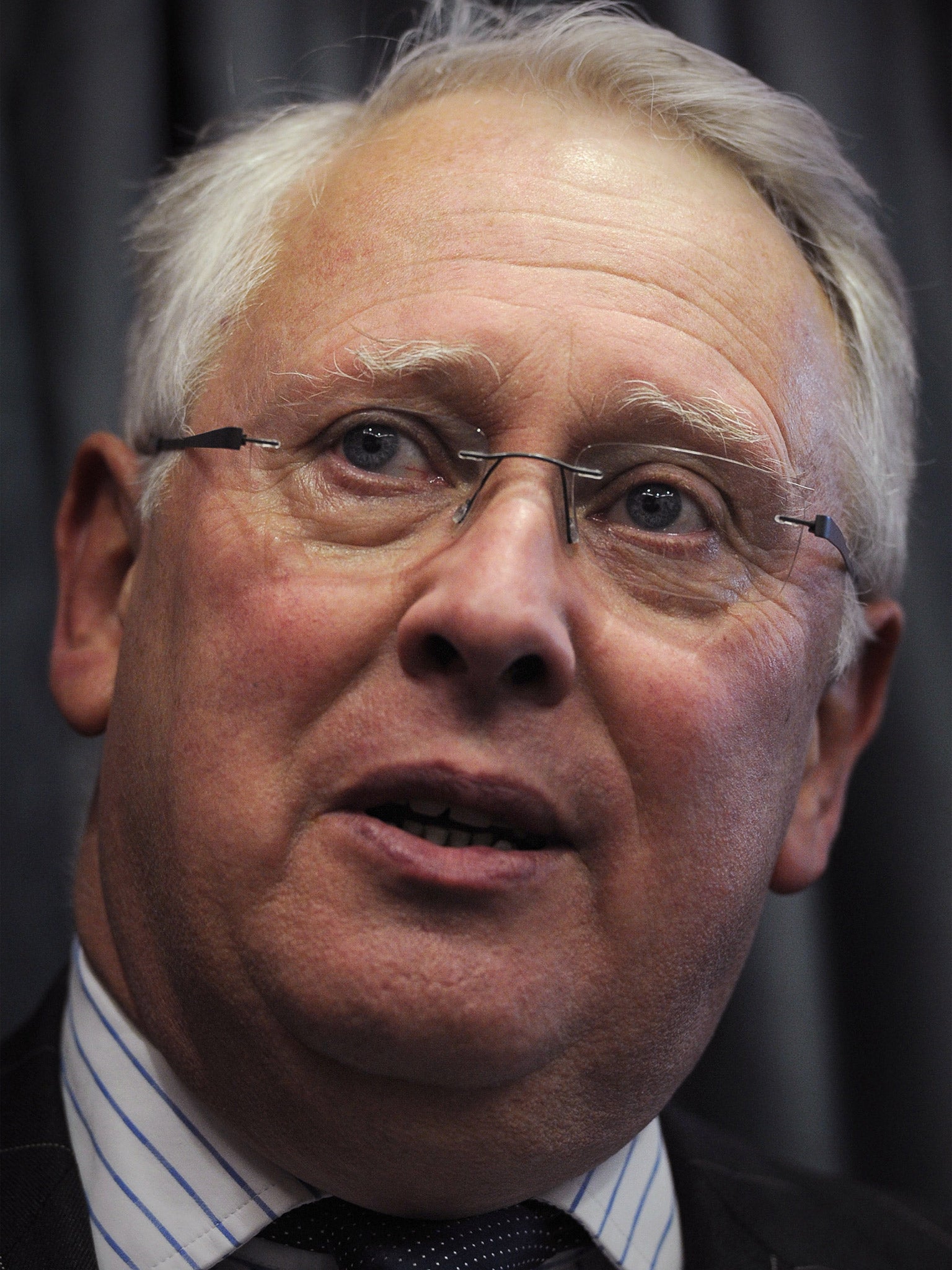Teenager jailed for 18 months after McDonald’s fight still in prison 18 years later under indefinite jail term
Exclusive: IPP prisoner Luke Ings was 17 when he was jailed for robbery and a fight in McDonald’s. Now aged 36, he still has no release date
A desperate mother has spoken of her anguish after her teenage son was jailed for 18 months but is still trapped in prison 18 years later under a cruel indefinite jail term.
Luke Ings was handed a controversial imprisonment for public protection (IPP) sentence for robbery and a fight in McDonalds aged just 17.
The jail terms were scrapped in 2012 amid human rights concerns, but not retrospectively – leaving almost 3,000 people languishing in prison with no release date.
His devastated mother Samantha, 57, said Luke, now 36, is trapped with “monsters” inside maximum security HMP Wakefield, which is home to some of Britain’s most serious criminals, having spent his entire adult life inside.
She fears unless the government takes urgent action he will not survive amid soaring rates of suicide and self-harm among IPP prisoners.

“It’s wrong, they need to sort this out,” she told The Independent. “I understand if they had murdered someone or raped someone. My son was in a fight in McDonald’s and a street robbery.
“He was 17 years old and my mum had died two weeks before that. He went off the rails. I don’t know what else to do to get him out.
“There is no light at the end of the tunnel for him,” she said, adding that things would have been far worse if not for the help of her late father, who sadly did not live to see his grandson’s release.
“I think if it hadn’t been for my dad, Luke would not be in prison now – he would be dead. He would have killed himself.”
At least 90 prisoners have taken their own lives as they lose hope of being freed. A further 30 suicides are said to have taken place in the community – where IPP prisoners are subject to strict licence conditions, which can see them being hauled back to prison for minor breaches.
Meanwhile, the government has begun releasing other prisoners after serving just 40 per cent of their sentence to ease prison overcrowding in a move branded a “slap in the face” to IPP prisoners.
IPP sentences do not fall under the government’s SDS40 early release scheme, which is expected to see 5,500 prisoners walk free by the end of October, despite more than 700 IPP prisoners having served at least 10 years longer than their minimum sentence.
“They seriously need to look at this,” the mother added. “They will empty some of their prisons [if they release IPP prisoners]. The only fear is some of them have been in there that long, are they going to be able to cope on the outside?”
She said that almost two decades of incarceration has left her once-confident and well-mannered son, who has autism, as a nervous man who struggles to make eye contact. His younger sister Millie, now 21, was just seven months old when he was handed an IPP sentence.

But Ms Ings, from Bracknell, Berkshire, said she still keeps Luke’s clothes in a drawer at home in the hope one day he will be allowed home.
“My little girl, she was seven months old when he got put in prison. It’s so unfair she’s missed 20 years of her brother,” she said.
“It’s horrendous the way that they have treated them and I know it’s not just him. It’s like our family’s not whole. We are missing someone – every Christmas, every birthday, every Easter, any time we get together – he’s missing.”
Labour peer Lord Woodley has called for a free vote on a new private member’s bill in the House of Lords to resentence all IPP prisoners.
He has branded the jail terms “torture sentences” and said keeping almost 3,000 prisoners locked up under an abolished jail term in the midst of a prison overcrowding crisis “makes no sense at all”.
The bill comes after The Independent has repeatedly called for all IPP prisoners to have their sentences reviewed.
It has already been backed by the architect of the flawed sentence, Lord Blunkett, the chair of the Prison Officers Association and campaigners.

In an appeal to the recently elected government earlier this summer, the UN special rapporteur on torture Dr Alice Jill Edwards called for urgent action to help those serving the “inhuman” sentences.
The former chair of the justice select committee Sir Bob Neill has also urged the prime minister to have the political and moral courage to “do the right thing” and resentence IPP prisoners.
Under IPP sentences, prisoners must prove to the parole board that they do not pose a risk to the public before they can be released under strict licence conditions.
Ms Ings said Luke was left devastated after probation recommended him for release last year, with a place at a hostel lined up, only for parole to turn him down at the last minute
She said: “I can’t understand it. They are just finding reasons to not let him have parole. It’s a joke. It’s about time somebody gave him a break and let him come home.”
A Ministry of Justice spokesperson said: “It is right that IPP sentences were abolished. The Lord Chancellor is committed to working with organisations and campaign groups to ensure the appropriate course of action is taken to support those still serving IPP sentences.
“The Prison Service continues to provide additional support to those still in custody, including improving access to rehabilitation programmes and mental health support.”
Bookmark popover
Removed from bookmarks